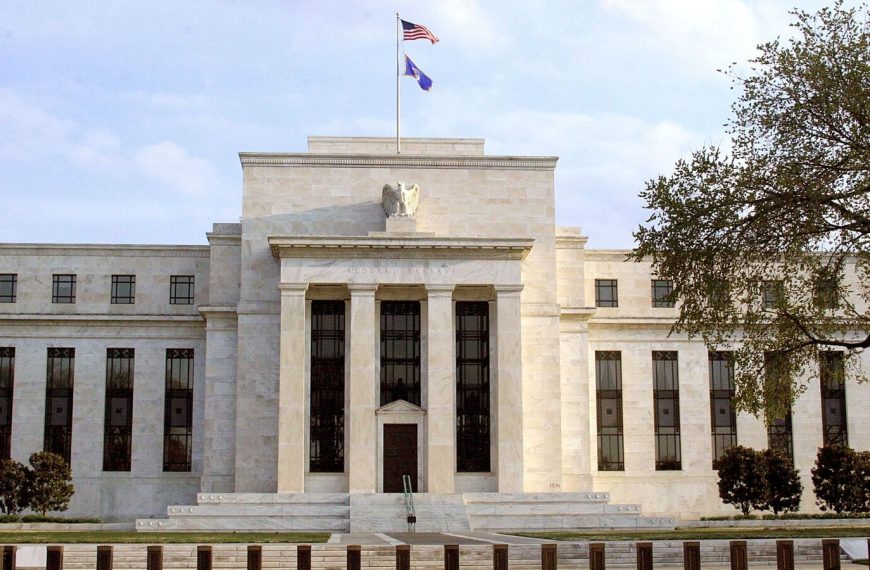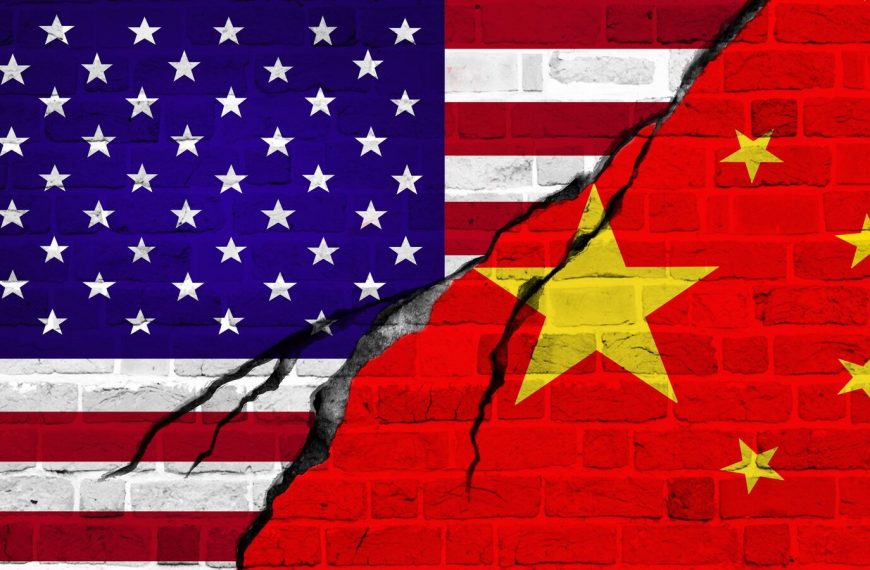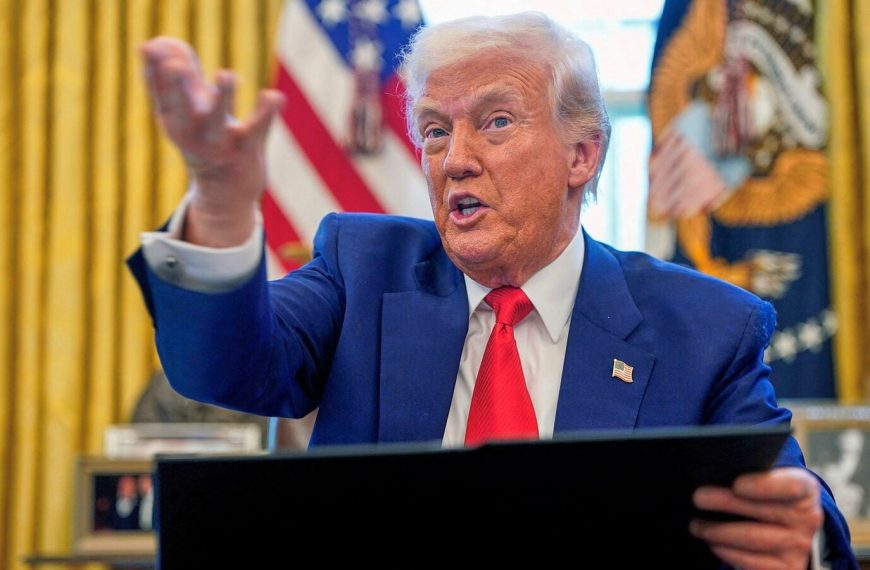Trump Dismisses EU’s Tariff Exemption Proposal Amid Trade Tensions
In a recent statement, President Donald Trump has firmly turned down the European Union’s offer to exempt certain industrial products, including automobiles, from tariffs. He argued that the proposal does not adequately address the ongoing transatlantic trade deficit. Speaking at the White House, Trump expressed his frustration: “The EU has been very unfavorable to us, similar to Japan. They barely import our cars or agricultural products—it’s almost nothing.”
EU’s Offer to Ease Trade Strain
In an effort to ease rising trade tensions, Ursula von der Leyen, President of the European Commission, unveiled a proposal for a "zero-for-zero" tariff strategy concerning industrial goods, particularly cars. During a press conference in Brussels, she stated, “We have offered zero tariffs on industrial products… Europe is always open to negotiating a favorable deal with the United States.”
However, she cautioned that the EU would not hesitate to retaliate if talks faltered, pledging to “protect our interests” against Trump’s tough trade measures. Reports indicate that the EU is contemplating retaliatory tariffs of up to 25% on various American exports, including food and luxury goods.
Trump’s Increased Tariffs on EU Goods
Just last week, President Trump announced a 20% tariff on European imports, further solidifying his protectionist trade approach. Set to commence on April 9, these tariffs specifically target crucial European exports like automobiles and machinery. Trump justified this action by accusing the EU of engaging in unfair trade practices, claiming that European countries limit imports of American vehicles and agricultural products.
Understanding the US-EU Trade Relationship
The trade dynamics between the US and the EU are significant, with annual exchanges exceeding €1 trillion. In 2024, the US recorded a staggering $235.6 billion trade deficit with the EU, as per data from the US Trade Representative. Trump has suggested that this imbalance could be rectified if European nations increased their purchases of American energy products, estimating that such an agreement would need to be valued at $350 billion—well beyond the actual deficit.
Key sectors driving European exports to the US include:
- Machinery
- Vehicles
- Chemicals
These categories accounted for nearly 68% of total exports last year, and analysts warn of potential disruptions if tariff conflicts escalate further.
Market Reactions to New Tariffs
Trump’s announcement of new tariffs sent shockwaves through European financial markets, leading to significant declines. On April 7, Germany’s DAX index fell by 5%, while France’s CAC 40 dropped by 1.8%. The FTSE 100 index in the UK experienced a dramatic decline of up to 5% at the opening, ultimately closing down 3.8%, marking its lowest point in nearly 14 months.
Global Market Turmoil: "Black Monday"
April 7 has been termed “Black Monday” as global stock markets suffered a sharp downturn, attributed to fears over disrupted trade flows and rising inflation triggered by Trump’s tariff policies. In the US, the S&P 500 fell by 1.9%, and the Dow Jones plunged over 600 points during intraday trading.
The turmoil extended to India, where the BSE Sensex nosedived by over 2,200 points, closing at 73,137.90, while the NSE Nifty 50 dropped nearly 750 points to 22,161.60. The India VIX, a key measure of market volatility, surged by nearly 65%, indicating rising investor anxiety amid fears of a global recession. Foreign institutional investors also pulled out significant investments, offloading $1.05 billion worth of Indian stocks—one of the largest daily sell-offs in recent memory.
For those looking to stay updated on the evolving trade landscape and its implications, consider following credible economic news outlets and trade analysis sites.










